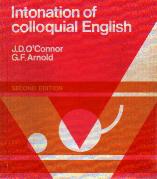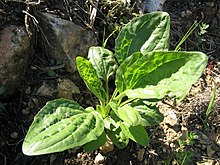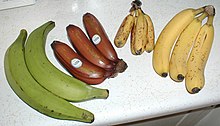 An anonymous commentator on yesterday’s blog (why don’t people identify themselves?) wrote
An anonymous commentator on yesterday’s blog (why don’t people identify themselves?) wroteRussian ж is a retroflex, so shouldn't we use IPA ʐ?This suggestion risks opening a whole can of worms.
If you compare a typical French ʃ or ʒ with a typical English ʃ or ʒ, you may notice that the French ones sound slightly ‘darker’ than the English. As Armstrong and Ward put it,
The palatal (i.e. j-like) quality which is often heard in English ʃ and ʒ is absent from the French sounds. [The Phonetics of French, 1932]
If you compare the Russian sounds written ш and ж, transliterated sh and zh respectively, you will notice that they are darker still. Here is Daniel Jones.
English ʃ … is a somewhat palatalized sound … in comparison with Russian ʃ, and does not have the characteristic ‘dark’ or ‘hollow’ quality of the latter. […] English ʒ differs from Russian ʒ in exactly the same way that English ʃ differs from Russian ʃ. [Jones and Ward, The Phonetics of Russian, 1969]
All three ʒ sounds (English, French, and Russian) are ‘darker’ than the ‘alveolopalatal’ ʑ of Polish, Japanese and other languages. On the other hand none of them are as ‘dark’ as the ‘retroflex’ ʐ of Standard Chinese (Pinyin r, as in 人 rén).
So what we are dealing with is a continuum of possibilities. I used to make my students first produce with their usual ʃ (or ʒ) and then prolong it while modifying the articulation so as to make it sound first clearer then darker, then slur backwards and forwards between the extreme points of ɕ ʑ and ʂ ʐ, passing through a range of subtly different varieties of ʃ and ʒ.
Providing a language has no phonemic contrasts of place within this range, it is entirely acceptable, indeed recommended, to use the symbols ʃ and ʒ. The precise coloration does not matter: we write ʒ in transcriptions of French and of English without causing any confusion (even though the sounds are not exactly identical).
In cases where a lanɡuaɡe does have a contrast within the ranɡe, we can discuss which symbols to use. So for Polish it is usual in the IPA tradition to write ɕ ʑ for the clearer pair and ʃ ʒ for the darker pair, though some prefer ʂ ʐ for the darker.
Russian is an interesting case. There is no simple direct contrast of place, but the fricatives spelt ш and ж are dark (non-palatalized) and very different from the palatalized fricative spelt щ, which tends to be longer and can also be interrupted by a plosive element, so ɕɕ or ɕtɕ. (Jones and Ward use the obsolete IPA symbols ʆ, ʆʆ, ʆtʆ.) But for the non-palatalized ones J&W write ʃ and ʒ.

Ladefoged and Maddieson, in The Sounds of the World’s Languages (1996), have a long discussion of the articulatory postures involved in sounds of this general type. They categorize the Polish sound spelt rz, which I equate with Russian ж, as ‘flat post-alveolar (retroflex)’. Yes, somewhat retroflex. But they are nowhere near as retroflex as the “genuinely retroflex gesture” L & M report in the Toda language, or in other Dravidian languages.
Perhaps we would do best to confine the use of the retroflex symbols to those languages where there are not only fricatives but also plosives and nasals that are distinctively retroflex. For Russian ж I’m sticking with ʒ.




































